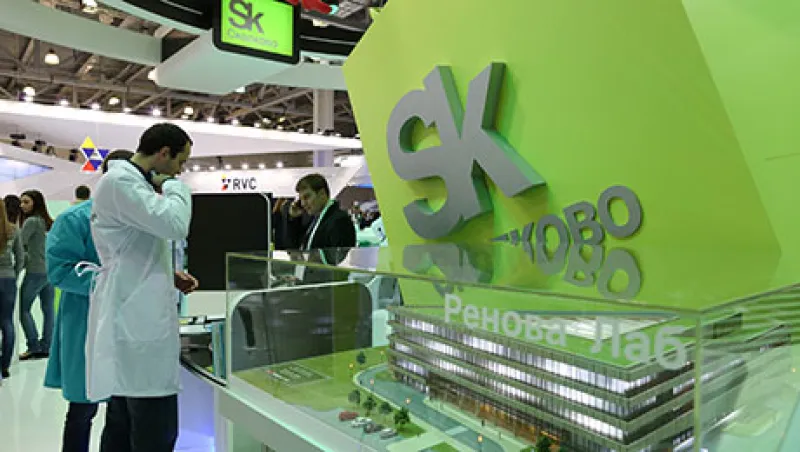
Dodging Geopolitics, Russia’s Skolkovo Tech Center Evolves
The technology incubation campus outside Moscow has retooled itself in the face of challenging times and a changing political scene.
Craig Mellow
July 13, 2015


